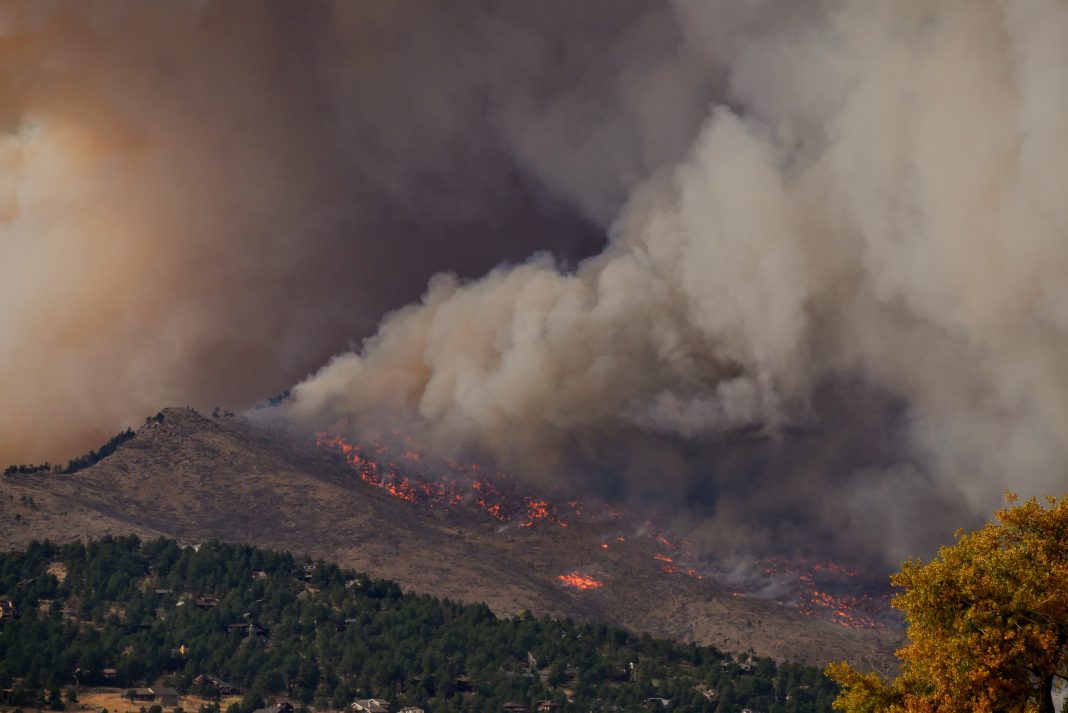Written by: Karissa Ketter, News Writer
BC broke the record for the hottest temperature recorded in Canada on June 30, 2021, peaking at 49.6 C. The province experienced a heat wave during the end of June. SFU professor Dr. Ken Lertzman said the extreme weather events occurring are “clearly pegged to climate change.”
Lertzman noted he is not surprised by the weather. “This is exactly what — for 20 years — the models have been saying we should expect for climate change.” He said along with warmer and drier summers, we can also expect “earlier springs and warmer, wetter winters.”
As climate change affects ecosystems and temperatures, one of the first signs is shifts in extreme behaviours such as the frequency and severity of hurricanes, tornadoes, or droughts, explained Lertzman. The recent droughts and heat waves along the coast of North America are not new. California experienced a period of drought for 376 weeks lasting from 2011 to 2019.
Drought periods dry out fuels — flammable material and plant life in the forest. It is challenging to burn wet fuel, whereas extremely dry material will burn easily. Lertzman explained it’s similar to trying to light a campfire in the rain.
Wildfire risk can be calculated by tracking how dry the fuels are in the forest. If the forests are very dry, then the presence of an ignition source — a cigarette, lightning, or campfire — is more likely to start a wildfire.
“What we’re seeing through a lot of western North America over the past decades, is the tendency for fires to burn with more extreme behaviour: higher severity that kills more trees and burns faster over a larger area, and has more severe ecological effects,” said Lertzman.
“Ultimately, the solution is not putting as much carbon in the atmosphere.” Lertzman added the solution has been clear “since the mid 1990s.”
“For people like me who have been doing research on this kind of thing for decades, every time there is an extreme event that hurts people like this, we hope, ‘well, maybe now people get the idea,’” said Lertzman. He said he wants people to understand the consequences of climate change are not hypothetical — they cause problems for the ecosystems today.
Lertzman noted an increased rate of mortality due to our heat wave and changing climate. As of July 2, the heat is believed to have played a role in 719 deaths over a seven day period in BC.
The “weather we’ve had over the last week really hit home for a lot of people, and hopefully this will cause people to make voting choices, their consumer purchases, and their choices about how they are as citizens to reinforce and push the climate change message,” said Lertzman.
While there are opportunities for individuals to take action in their personal life to reduce carbon consumption, “the leadership on that really needs to come from government — they need to create the conditions, and they need to create the policies that allow people to take meaningful actions on their own and support them in doing that.”




